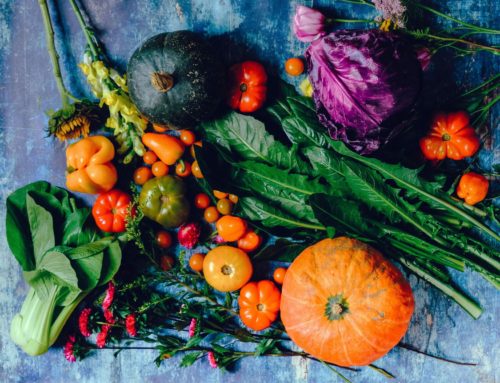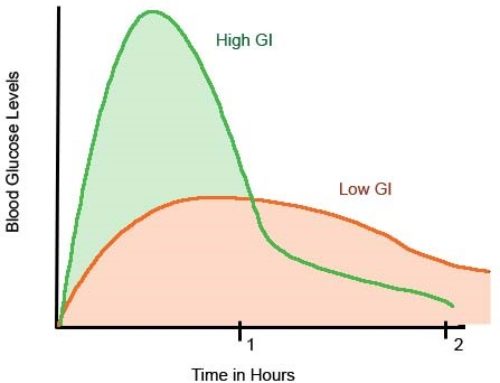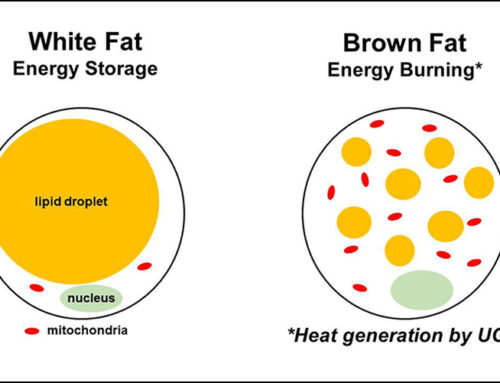NUTRITIONAL SIDE-EFFECTS AND SUGGESTED DIETARY MANAGEMENT FOR INDIVIDUALS UNDERGOING CANCER TREATMENT.
The nutritional side-effects of many cancer therapies means that patients need to adjust their eating habits and lifestyle to manage these. Below is a table outlining some of the common side-effects of cancer treatment along with ways in which to manage these side-effects.
|
Side-effect |
Related Treatment |
Management |
|
Nausea and vomiting |
Radiation, chemotherapy |
· Drink cold clear drinks and ensure adequate liquid intake · Avoid fatty and strong smelling foods · Eat small frequent meals slowly · Eat salty foods · Rest before and following eating |
|
Dry mouth/Sore mouth |
Radiation |
· Drink regularly. Try to drink at least 2 litres of liquid daily. · Drink high-calorie beverages · Use gravies and sauces to soften food · Chewing sugar-free gum to activate salivation · Suck on sugar-free ice blocks · Avoid spicy foods · Eat food at room temperature · Keep lips moist · Take small bites and chew well. |
|
Inflammation and irritation of mucous membranes |
Chemotherapy, Radiation and some surgical procedures |
· Drink regularly to maintain hydration · Low fibre diet if bowel is reacting to minimise diarrhoea · Keep food and stools soft to prevent trauma and constipation |
|
Taste alteration |
Radiation |
Try different seasonings on food If you dislike high protein food, try alternatives such as peanut butter, cheese and ice cream Eat frequent small meals Try high protein supplements Avoid foods that stick to the roof of your mouth Use lemon-flavoured drinks to stimulate saliva production and taste. |
|
Loss of appetite |
Chemotherapy, Radiation |
These recommendations are made for those not experiencing diarrhea. Eat regular small meals Mild exercise prior to eating Avoid fluids with meals Eat slowly and when hungry Supplements between meals if losing weight Eat high protein foods |
|
Swallowing problems |
Radiation, Surgical procedures |
Drink additional fluid throughout the day and thicken fluid so it is easy to swallow Eat small meals frequently Add sauce to assist swallowing Use liquid nutritional supplements Chop or blend food if needed |
Fruit and Vegetables
Researchers and Cancer Support Groups alike strongly recommend the optimum intake of fruit and vegetables in the diet of those recovering from cancer. Fruit and vegetables contain various vitamins, minerals and phytochemicals. These phytochemicals are natural substances (eg. Antioxidants) which can destroy carcinogens). Most Cancer groups and government organisations recommend a daily intake of five (5) servings of vegetables and two (2) serves of fruit each day.
Course Extract from Nutrition for Disease Management by Health Academy Australia




Leave A Comment